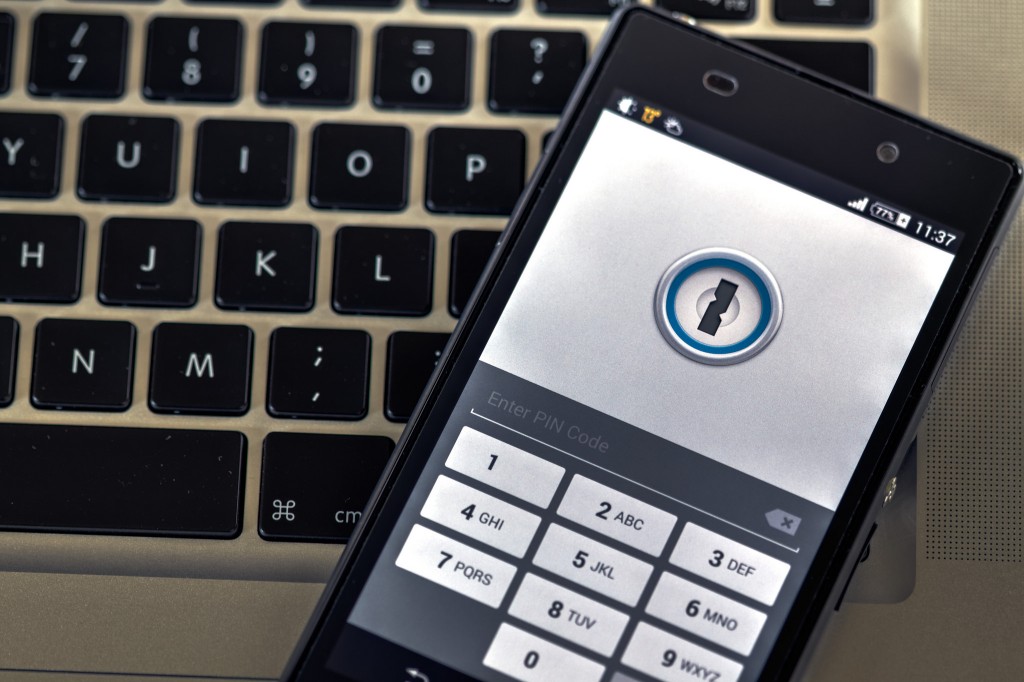
Do you remember, who was the last person you spoke on the phone with? And the first one you sent a WhatsApp message this morning? If the answer is yes, you might want to change your usual passwords for the answers to this questions.
Do you imagine your passwords changing depending on your last ‘Like’ in Facebook? Anything you have done with your smartphone or your computer during the last few hours can be used as a password by ActivPass. A system developed by researchers of the universities of Illinois and Texas and the Indian Institute of Technology Kharagpur, in India.
These researchers have developed a new method of authentication to unlock applications for which users had to answer correctly questions about recently completed actions. Something that it has proven to be possible, despite of what our absent minds might think. In fact, those who took part in this study answer correctly 95 percent of the questions.
ActivPass could be a possible solution to the many times a user forgets his password and clicks on “forgot your password”. In fact, they hope to reduce the amount of passwords we have to remember thanks to their tool, as the questions will be about recent topics and will change overnight.
They first thought of it as an evolution to the questions about our past which are already used as security measures in many platforms. Questions like: “What was your first pet’s name?” or “What was the first name of your favorite teacher?”
“Whenever there’s something you and your phone share and no one else knows, that’s a secret, and that can be used as a key” says professor Choudhury, University of Illinois. However, this new security method is not foolproof yet. Still raises some unknowns, like what would happen if a long period of time passes and the user can’t remember what he did last time.
Researchers are working to improve it, but for now they just conceive it as a part of a user’s authentication on a platform. Also, during the firsts test they found other disadvantages. Those who volunteered to take part in the tests not only had a high percentage of success in the questions about their own activities, but also were able to answer question about other people less than 6 percent of the time, which is quite disturbing.
As the research conducted by Jason Hong, a professor at Carnegie Mellon University, demonstrated the percentage of users correctly answering questions about other people is low.
So, despite of having to fix some details, it doesn’t seem far away when we will use a system like ActivPass instead of standard passwords. An option that is gaining popularity among platforms where you can share content with our friends and family. If, for example, you were to be subscribed to Wuaki.tv, you can give access to your cousin one night without having to worry about changing the password the next day. The password will change depending on what we have done that day, something our cousin would not know, unless you told him.
Passwords that change every day. A method of discouraging those who want to access others accounts, but also a challenge to the absentminded. Would we be able to remember the first thing we did with our phone?